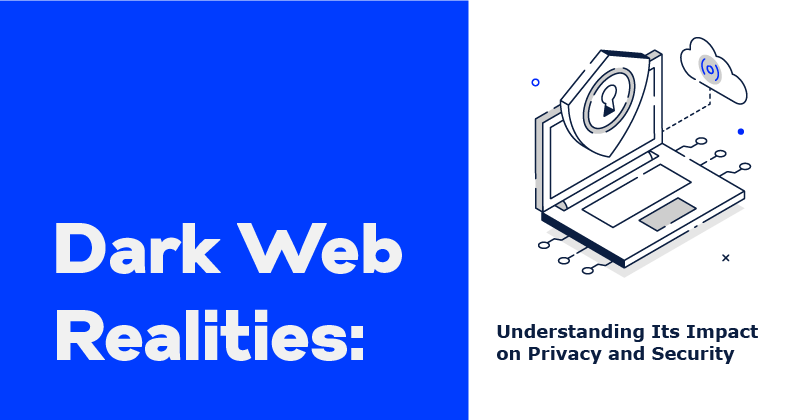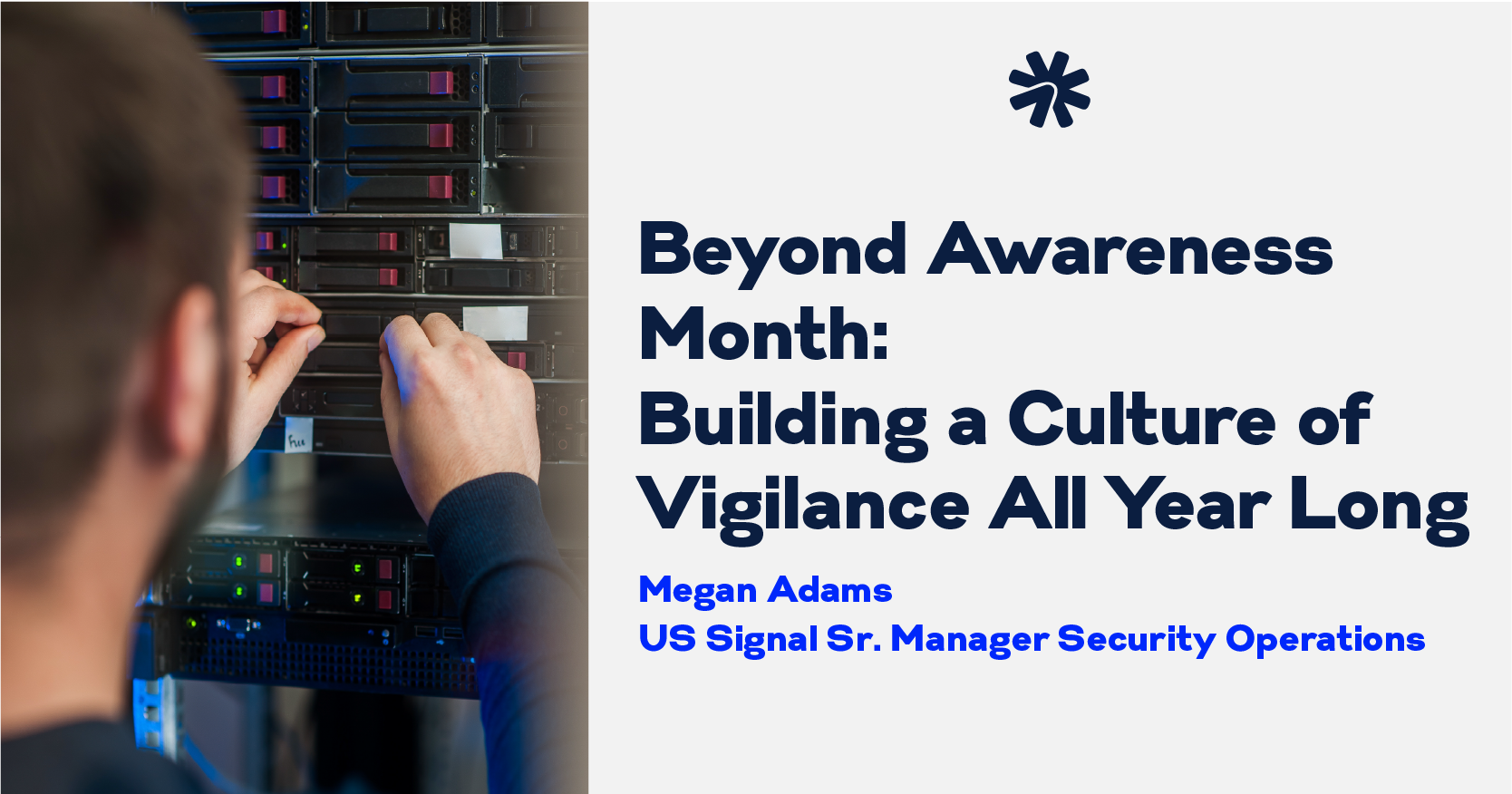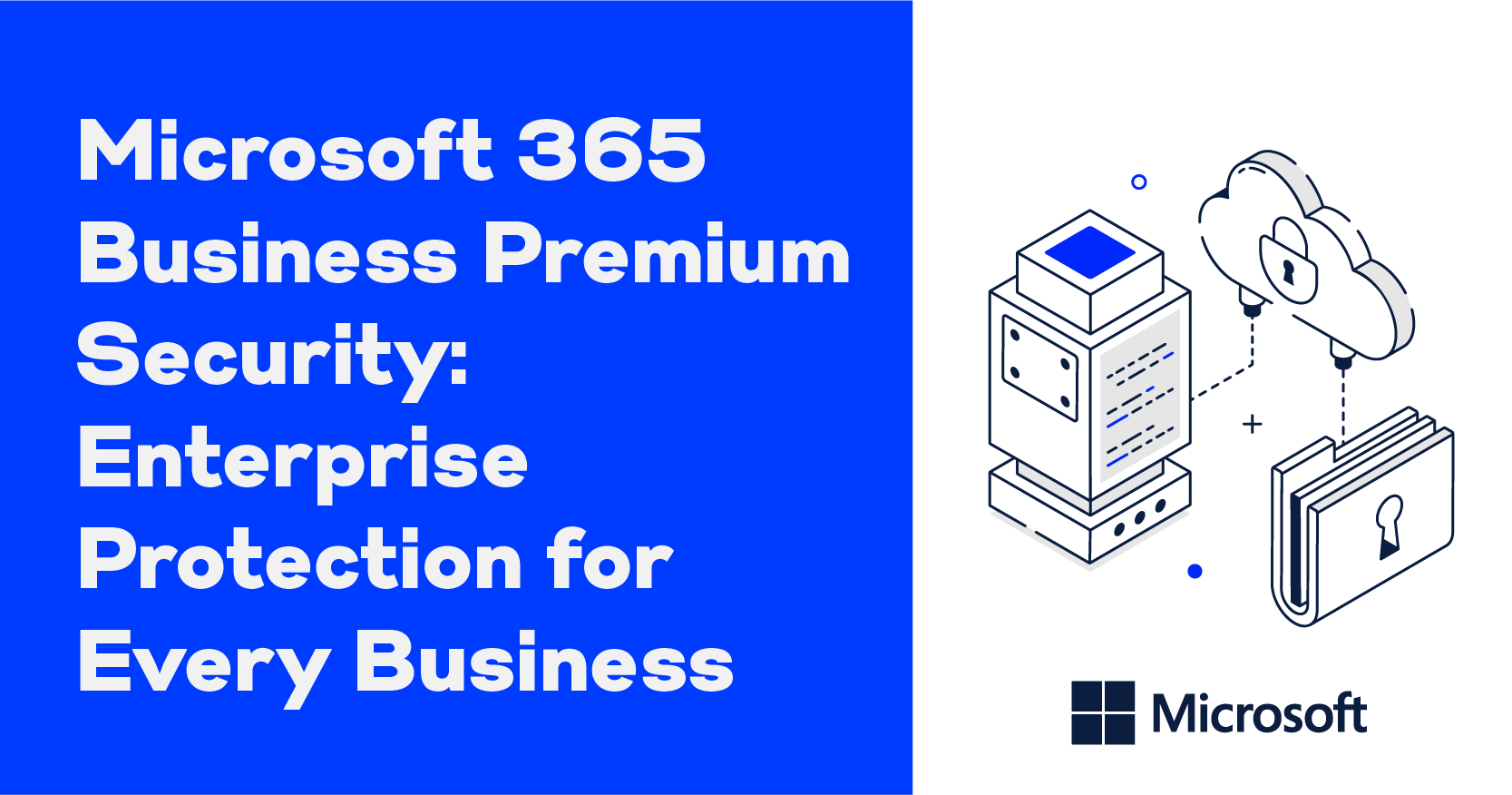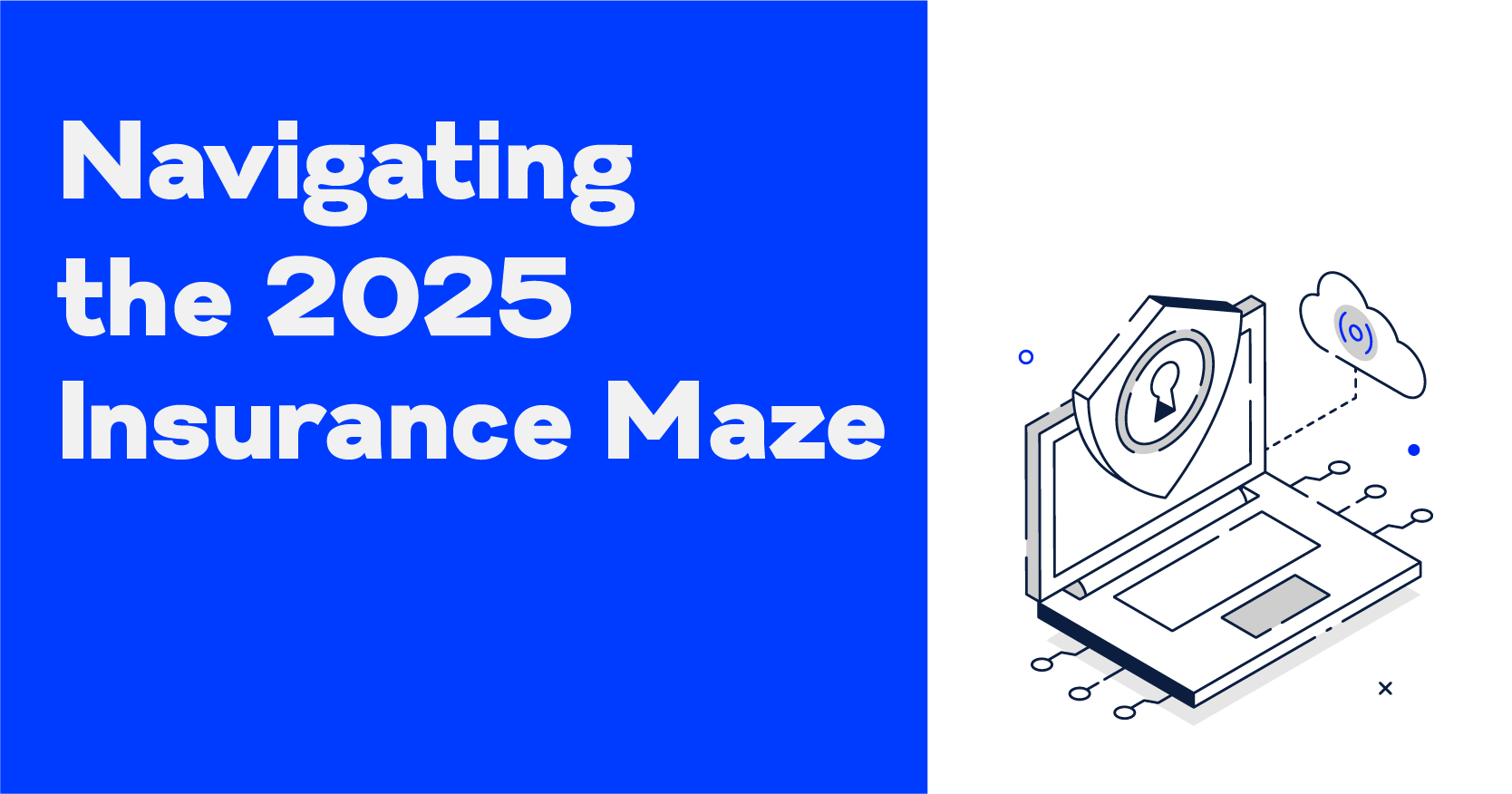Dark Web Realities: Understanding Its Impact on Privacy and Security

There’s more than zombies and ghosts to be scared of on Halloween, the dark web, though often misunderstood, this concealed segment of the web poses significant risks to personal and corporate data security. As per a recent report , in 2023, roughly 2.7 million users accessed the dark web daily, many with nefarious intent, while others are simply searching for anonymity but often encountering much more than they bargained for.
Distinct from the ‘surface web’ – the part of the internet we frequently use – and the ‘deep web,’ which contains protected information like medical records and financial data, the dark web is intentionally hidden and inaccessible through standard search engines and browsers. Access requires specific software and configurations, thus creating an environment where users can remain anonymous and untraceable.
The Allure and Perils of the Dark Web
The dark web presents tantalizing but dangerous options for those accessing it. Its allure lies not just in the obscurity it offers but in the promise of freedom from oversight. This shadowy network attracts diverse users: privacy advocates seeking refuge from surveillance, journalists sharing sensitive information under the cloak of anonymity, and, unfortunately, individuals engaging in illegal activities.
However, the characteristics that make the dark web appealing also render it dangerous. This hidden corner of the internet has become a hotspot for a range of cybercriminal activities. The anonymity and lack of regulation facilitate and embolden these illicit transactions. It has been estimated that 75% of Dark Web sites are marketplaces. Another study suggests that anywhere from 2% to 5% of the global GDP is laundered on the dark web.
The dark web serves as a breeding ground for security threats, providing a hub for black-market transactions and a haven for hackers and cybercriminals. In 2021 alone, ransomware attacks were recorded every 11 seconds, causing damages upwards of $20 billion. This stark reality highlights the critical need for robust cybersecurity measures. The sale of personal and corporate data, hacking tools, and ransomware kits is rampant. As technology advances, so do the tactics and tools employed in the dark web’s shadowy corridors, making it a moving target for law enforcement and cybersecurity experts.
Corporate Data in the Crosshairs
Emerging as a distinct threat to corporate data, the dark web poses a substantial risk to the integrity and security of global businesses. Kaspersky’s research highlights this issue’s gravity, revealing an average of over 1,700 posts monthly related to the sale, purchase, or distribution of corporate databases and documents. This alarming trend includes a range of sensitive information, from confidential business strategies to private customer details, which, in the wrong hands, can lead to disastrous consequences, including identity theft, compliance failures, financial fraud, and severe reputational damage to the companies involved.
The trafficking of corporate data on the dark web has far-reaching implications that extend well beyond a breached organization. When sensitive personal data falls into the wrong hands, it can lead to a cascade of privacy violations affecting countless individuals. Customers and employees find their personal information, financial details, and identities at risk of being exploited.
Businesses bear a crucial responsibility, not just to their bottom line, but to their customers, clients, and partners, and must enact robust cybersecurity measures. This obligation includes deploying advanced security technologies, conducting thorough employee training and awareness programs, executing regular security audits, and constant preparedness via effective incident response plans. By doing so, they preserve their interests and protect the personal and financial well-being of their clients and partners from the ripple effects of data breaches.
Safeguarding Against Dark Web Dangers
While challenging, there are effective strategies and policies that organizations can deploy to help defend against the multifaceted threats of the dark web. Comprehensive protection requires a solid security foundation and an agile and dynamic approach. Some basic principles to safeguard against dark web dangers include:
- Establish robust password protocols – Craft intricate and unique passwords for each account to minimize unauthorized breaches.
- Enable Multi-Factor Authentication (MFA) – Implement additional verification steps to access accounts, significantly enhancing security against unauthorized access and breaches.
- Stay current with software updates – Regular updates can prevent the exploitation of system vulnerabilities.
- Prioritize cybersecurity education – Equip employees with the knowledge and practices to act as the first line of defense against cyber intrusions.
Cybercriminals continuously develop new tactics, and companies must respond by adopting a holistic approach. This approach includes strengthening security by employing advanced security measures such as encryption, firewalls, and intrusion detection systems and regularly conducting security audits to identify and address vulnerabilities.
Furthermore, developing a robust incident response plan is essential for minimizing damage during a data breach. This plan should include protocols for immediate action, communication strategies, and recovery processes.
A Partner to Help Light the Way
The challenges posed by the dark web are daunting but not insurmountable. US Signal is here to guide you with robust cybersecurity solutions tailored to protect your personal and corporate data. Don’t wait until threats become breaches; act now.



